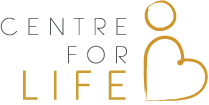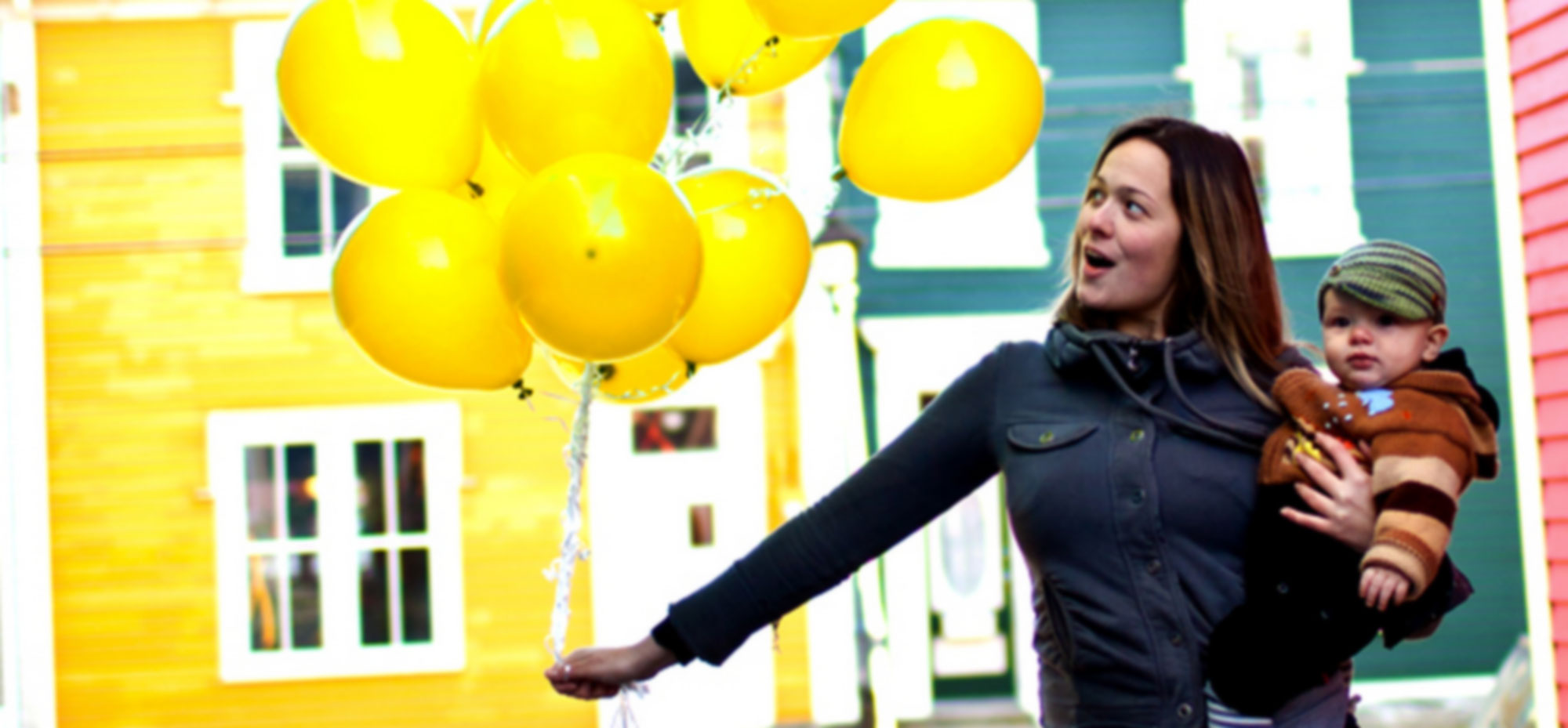Those who support abortion rights may be surprised to learn that a significant number of women experience their abortion as a traumatic loss.
In a 2009 study, Seng and colleagues found that 20% of pregnant women from eight midwestern U.S. clinics had posttraumatic stress disorder (PTSD). Women were asked to identify the single worst trauma they had ever experienced, considering five types of possible traumatic events.
The women identified two traumas as their “worst” – past abuse and reproductive Trauma.
The report specifically identified miscarriage and abortion as reproductive losses that for many women were their “worst” trauma ever.
A systematic review of reproductive losses and PTSD (Daugirdaite et al., 2015) evaluated 48 studies of various reproductive losses, with 27 of these studies including women who had abortions. This study showed that post-traumatic stress symptoms and PTSD occur after reproductive losses including abortion, though it was not possible to determine how many women experience adverse reactions to reproductive losses.
A 2013 study by Curley and Johnston of North American university students (U.S. and Canada) found all women with a history of abortion had elevated trauma scores on the Impact of Events Scale and perinatal grief on the Perinatal Grief Scale on average three years after the abortion, with about half of these women desiring treatment.
Early Attachment and Bonding
Research has shown that the hormone oxytocin, which promotes bonding between mother and child, is produced even in the first trimester of pregnancy. Levels of this hormone during early pregnancy predict bonding after birth. In addition, a number of studies have shown that for many women, bonding takes place even in cases that end in abortion.
A textbook of the National Abortion Federation (U.S.) has identified that “attachment” is a risk factor for distress after abortion (Baker & Beresford, 2009). Others have found that the degree of attachment prior to the abortion is predictive of the degree of trauma symptoms experienced later (Mufel et al., 2002).
In a Swedish study, about half the women felt a need to do “special acts” such as apologizing to the unborn child, or lighting a candle, as an attempt to have closure after abortion (Stalhandske et al., 2012). One woman stated:
“Immediately when I found out I was pregnant, I felt like a mother. It felt like I had some kind of affinity with the child, and now afterwards, it feels empty” (p.56) and another said, “I lit a candle for the little one and asked for forgiveness.”
It may seem strange to think that women could be attached to the unborn child and still have an abortion, but research shows that many women have been coerced to have abortions that they did not desire. Studies on coerced abortion have varied widely in their results, but at least 11% and possibly as many as 64% of women who have abortions are being pressured or coerced by others (Coyle, 2016).
Intimate Partner Violence
There is also literature showing that intimate partner violence (IPV) is associated with abortion and can affect pregnancy decisions. “In 2007, the prevalence of IPV was nearly three times greater for women seeking an abortion compared with women who were continuing their pregnancies.” (ACOG, 2013, citing Bourassa & Berube, 2001).
A meta-analysis of 74 studies from around the globe showed that abortion is associated with IPV, and is even more strongly associated with repeat abortion (Hall, et al., 2014):
“The researchers’ findings support the concept that violence can lead to pregnancy and to subsequent termination of pregnancy, and that there may be a repetitive cycle of abuse and pregnancy.”
Because of these and other factors, there clearly are many women who have abortions, who continue to think about the child they lost, even after many years. In a British study of women at the age of menopause, looking back at past abortions, all the women continued to think about the child.
Elaine shares:
“This child of mine would have been (number of years) this month, it’s the (date) of (month) which is the day I was given and I still think about this baby and I think about it at Christmas, it’s something I don’t think I’ll ever forget if I live to be a hundred…” (Dykes et al., 2010, p.12).
For some women, the grief can be unbearable. British artist Emma Beck committed suicide after a 2007 abortion, writing:
“I told everyone I didn’t want to do it, even at the hospital…now it is too late…I want to be with my babies” (Artist hangs herself, 2008).
Helping Women Hurting After Abortion – The Value of Support Groups
Because the grief or distress can be severe and long-lasting, it is essential for counselors to understand how to help. In a book chapter titled “Abortion Recovery Counseling: Pro-choice, Pro-life, and Pro-voice Common Ground,” published literature from multiple perspectives was compared, looking for areas of consensus (Shuping, 2016b).
There was consensus on a number of key points:
– If women have unresolved grief, unresolved spiritual concerns, or inability to forgive herself, these are issues that must be addressed.
– It is essential for women to have social and emotional support from others, and to resolve anger if she feels she harmed by others, or if others did not support her as she wished.
The review by Daugirdaite et al. (2015) reported that attending support groups predicted significantly lower PTSD symptoms for those who have had reproductive losses.
Taylor et al. (2000) showed that women often seek support from other women as a preferred coping mechanism when they are stressed. Thus, the faith-based abortion recovery support groups and weekend retreats are a good choice for many women seeking resolution of abortion-related distress.
Faith-based support groups and retreats such as Rachel’s Vineyard offer the support of other women who have had similar experiences, and offer opportunities to resolve grief associated with the child lost to abortion, and to resolve spiritual issues. Issues related to relationships with others involved in the abortion are also addressed.
Recent research on the Rachel’s Vineyard weekend retreat (Jaramillo, 2017) utilized before and after psychological testing, assessing 39 women attending retreats in 7 U.S. states and 2 Canadian provinces. The Impact of Events Scale – Revised, and the Internalized Shame Scale revealed:
– A significant decrease in shame and trauma symptoms (decreases in avoidance and hyperarousal.)
– Significantly increased self-esteem in those completing the retreat (p<0.01 for some measures, and p<0.001 for others). Participants expressed that the spiritual aspects of the retreat were helpful to them.
In earlier research, 241 past participants from retreat sites in 22 different U.S. states had been asked to rate their experience of Rachel’s Vineyard (Shuping, 2004). Participants were asked to give a negative number if the retreat was harmful, a zero if neither harmful nor helpful, and to choose a number 1 – 5 if the retreat was helpful, with 5 being the highest. The average rating was 4.75, indicating a high degree of benefit, with no negative numbers and no ratings of zero.
The Rachel’s Vineyard program is a gentle, trauma-sensitive retreat for anyone who has unfinished issues related to a past abortion. Rachel’s Vineyard is presented by a team that always includes at least one woman who has had an abortion in the past, which helps participants to understand that there is no judging. Each team also includes a mental health professional and a priest or minister associated with the sponsoring church or faith group. However, those who attend are not required to hold any particular beliefs themselves; the spiritual aspects are available but no one is required to participate in any activities to which they object.
Participants are helped to regulate their anxiety by breathing exercises. Standard grief counseling methods are utilized to resolved grief. Meditations based on stories from Scripture help women to resolve spiritual issues. Facilitated discussion of retreat exercises help participants to process their emotions. For those who are Catholic, the sacraments of Reconciliation and Eucharist are available.
Although the research cited above has focused on the experience of women, it is important to note that men also can be affected by a past abortion, and men are welcome to attend Rachel’s Vineyard.
Because of research showing benefits are experienced by Rachel’s Vineyard participants, therapists may wish to refer clients with unfinished abortion issues as Jaramillo (2017) suggests in her conclusions.
Rachel’s Vineyard is the largest organization in the world dedicated entirely to recovery from abortion, and retreat teams can be found in more than 50 different countries. More information can be found at www.rachelsvineyard.org
REFERENCES:
Post-traumatic stress disorder: the neurobiological impact of psychological trauma American College of Obstetrics and Gynecology, Committee on Underserved Women. (2013). ACOG committee opinion: Reproductive and sexual coercion. Committee Opinion (Number 554). Washington, DC: American College of Obstetricians and Gynecologists. Retrieved from http://www.acog.org/Resources-And-Publications/Committee-Opinions/Committee-on-Health-Care-for-Underserved-Women/Reproductive-and-Sexual-Coercion
Artist hanged herself. (2008, Feb 22). The Telegraph. Retrieved from http://www.telegraph.co.uk/
Baker, Anne, & Beresford, T. (2009). Chapter 5, Informed consent, patient education and counseling. In M. Paul, E. S. Lichtenberg, L. Borgatta, D. A. Grimes, P. G. Stubblefield, & M. D. Creinin (Eds.), Management of unintended and abnormal pregnancy: Comprehensive abortion care. Chichester, UK: Wiley-Blackwell.
Curley, M, & Johnston, C. (2013). The characteristics and severity of psychological distress after abortion among university students. The Journal of Behavioral Health Services & Research 40(3), 279-93.
Daugirdaitė, V., van den Akker, O., & Purewal, S. (2015). Posttraumatic stress and posttraumatic stress disorder
after termination of pregnancy and reproductive loss: A systematic review. Journal of Pregnancy, 2015:646345 doi: 10.1155/2015/646345.
Feldman, R., Weller, A., Zagoory-Sharon, O., & Levine, A. (2007). Evidence for a neuroendocrinological foundation of human affiliation: Plasma oxytocin levels across pregnancy and the postpartum period predict mother-infant bonding. Psychological Science, 18, 965-970.
Hall, M., Chappell, L.C., Parnell, B.L., Seed, P.T., Bewley, S. (2014). Associations between intimate partner violence and termination of pregnancy: A systematic review and meta-analysis. PLOS Medicine. doi: 10.1371/journal.pmed.1001581 Retrieved from http://journals.plos.org/plosmedicine/article?id=10.1371/journal.pmed.1001581
Jaramillo, S. (2017). Mending broken lives: Post-abortion healing. (Doctoral Dissertation). Retrieved from ProQuest
Dissertations and Theses (Accession Order No. 10274360). Retrieved from
Mufel, N., Speckhard, A. & Sivuha, S. (2002) Predictors of posttraumatic stress disorder following abortion in a former Soviet Union country. Journal of Prenatal & Perinatal Psych & Health, 17, 41-61.
Seng, J.S., Low, L.K., Sperlich, M., Ronis, D.L. and Liberzon, I. (2009). Prevalence, trauma history, and risk for
posttraumatic stress disorder among nulliparous women in maternity care. Obstetrics and Gynecology, 114(4), 839-846.
Shuping, M. W. (2004). Rachel’s Vineyard outcome survey. Paper presented at Rachel’s Vineyard Leader’s
Conference, Greensboro, NC. (Available in Burke Burke, K., Burke, T., & Pavone, F. (2010). Sharing the Heart of Christ. New York: Priests for Life.
Stalhandske, M.L., Makenzius, M., Tyden, T., & Larsson, M. (2012) Existential experiences and needs related to induced abortion in a group of Swedish women: A quantitative investigation. Journal of Psychosomatic Obstetrics & Gynaecology 33(2), 53-61. doi: 10.3109/0167482X.2012.677877
Copyright © 2018 by Martha W. Shuping

